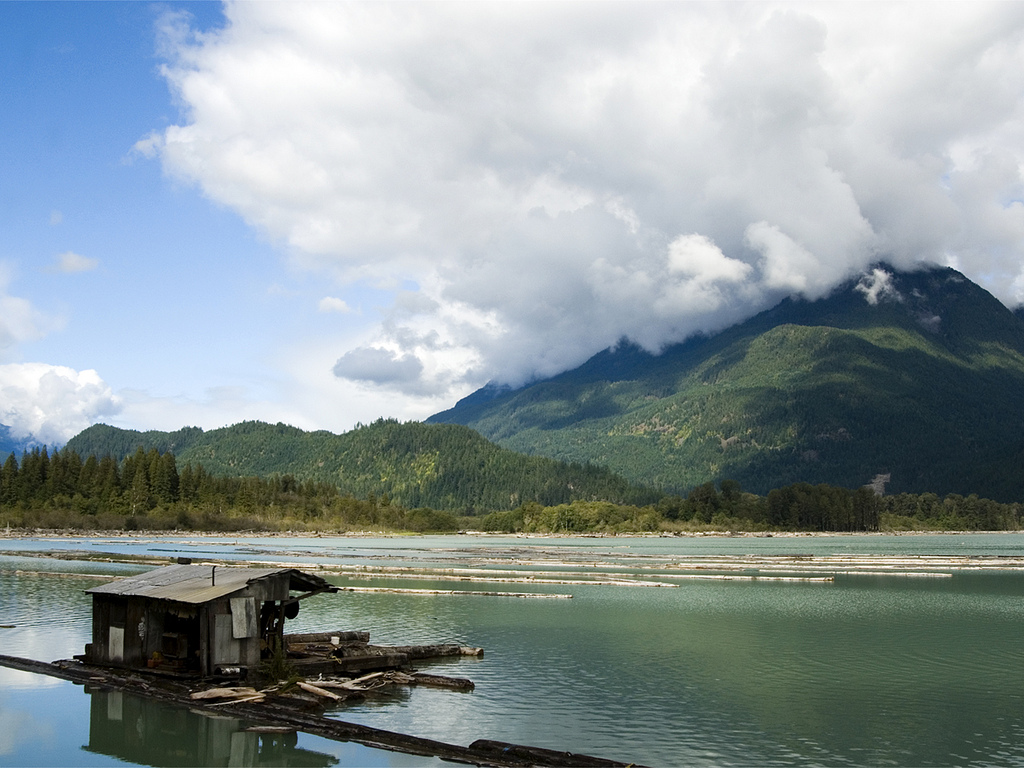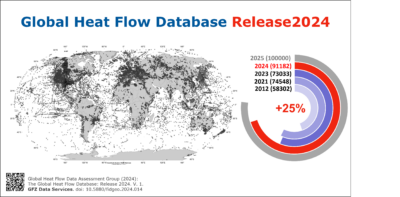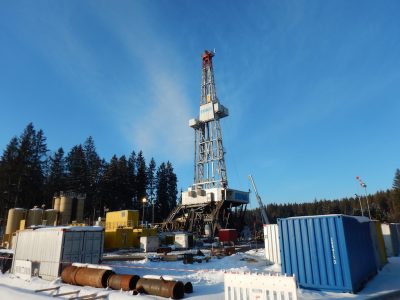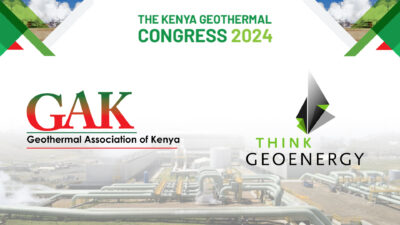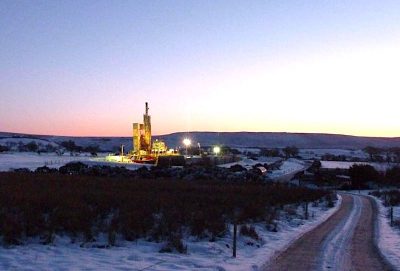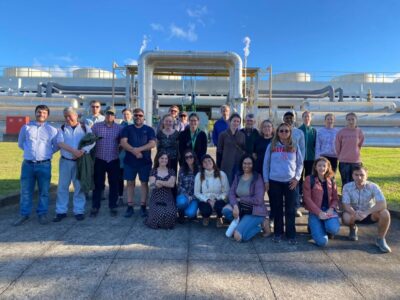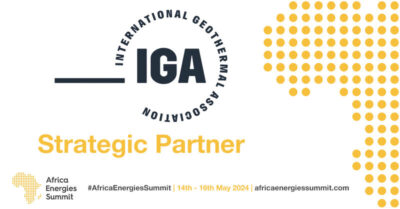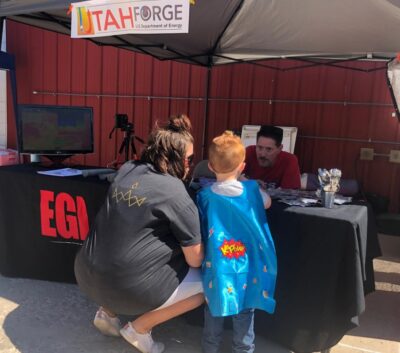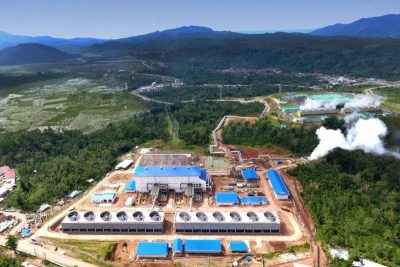New studies shed light on geothermal potential on sites in Northeast British Columbia
New studies have been released on two sites in the Province of British Columbia, among them are four areas favourable for geothermal development in Northeastern British Columbia and the potential utilisation of a depleted gas field as geothermal reservoir.
Two new geothermal research reports released by Geoscience BC this week draw a positive picture on the long-term potential for geothermal energy generation in northeast British Columbia.
The reports provide relevant and valuable new information by evaluating locations and assessing the viability for geothermal energy development in northeastern British Columbia.
In Techno-Economic assessment of Geothermal Energy Resources in the Sedimentary Basin in Northeastern British Columbia, Canada, researchers from The University of Victoria evaluated four areas favourable for geothermal development. The sites are at Horn River, Clarke Lake, Prophet River and Jedney.
“No geothermal power plant exists in Canada,” said Kevin Palmer-Wilson, PhD Candidate in Mechanical Engineering and lead researcher on the project. “This study has identified four potential sites and provides cost estimates for getting power plants up and running.”
In the Clarke Lake Gas Field Reservoir Characterization report, researchers from the University of Alberta analysed the potential of the depleted Clarke Lake natural gas field in northeast BC for its potential as a geothermal reservoir.
“We looked at the key geological variables that control the flow of hot water through the rocks,” said Evan Renaud, MSc Geology Candidate and lead researcher on the project. “Once we understood the permeability and porosity of the rocks, we simulated how the water would flow in a geothermal power plant.”
Commenting on the research, Geoscience BC Executive Vice President and Chief Scientific Officer Carlos Salas said: “This new information is needed to help the clean energy sector, communities, Indigenous groups and governments to make more informed decisions about the future of geothermal energy and heat in northeastern BC.”
Accessing Information
To view reports and maps for these projects, visit the project page or use the Geoscience BC Earth Science Viewer online mapping application.
Techno-Economic assessment of Geothermal Energy Resources in the Sedimentary Basin in Northeastern British Columbia, Canada
Clarke Lake Gas Field Reservoir Characterization
Geoscience BC is an independent, non-profit organization that generates earth science information in collaboration with First Nations, local communities, governments, academia and the resource sector. Our independent earth science enables informed resource management decisions. Geoscience BC receives financial support of the Province of British Columbia.
Source: GeoScience BC
